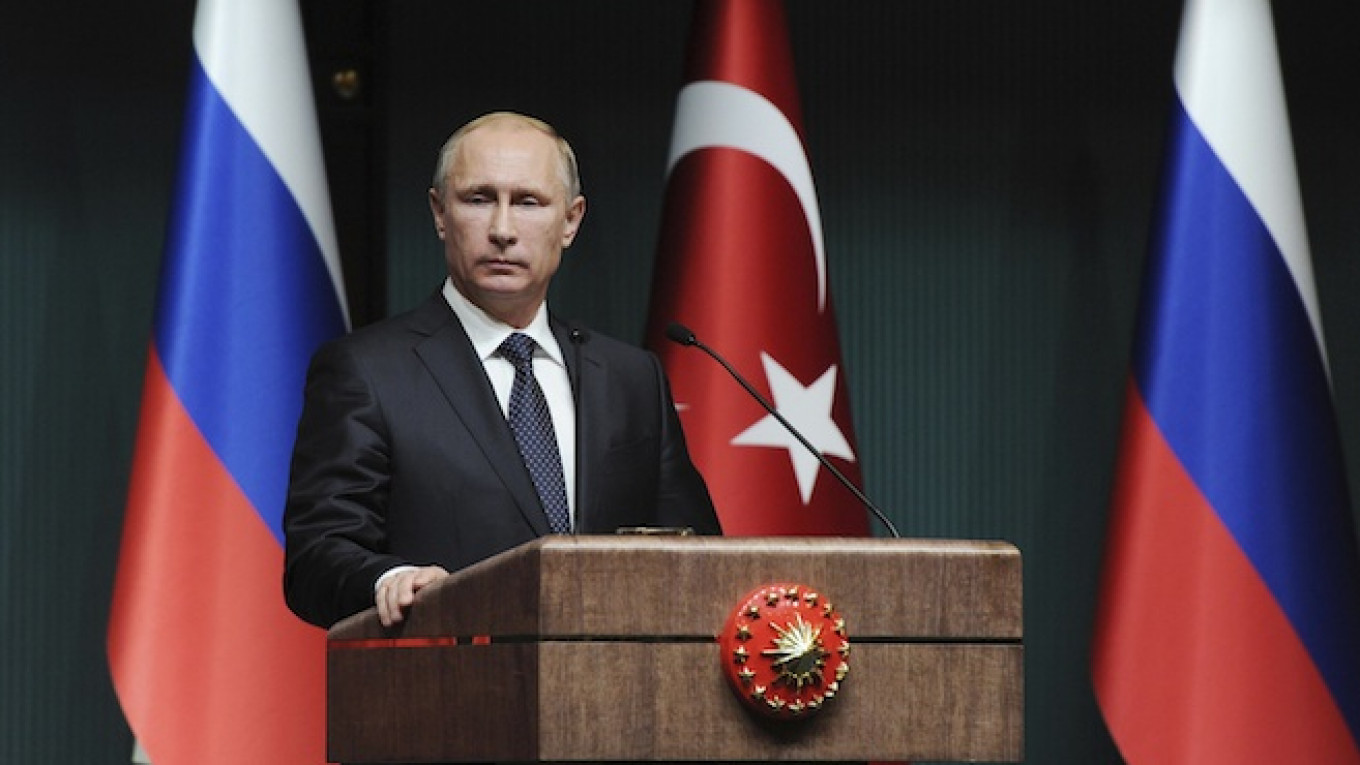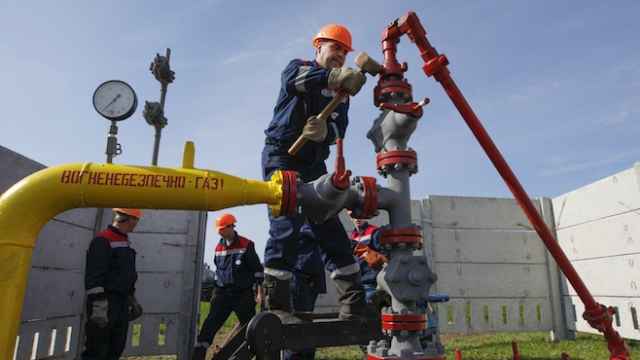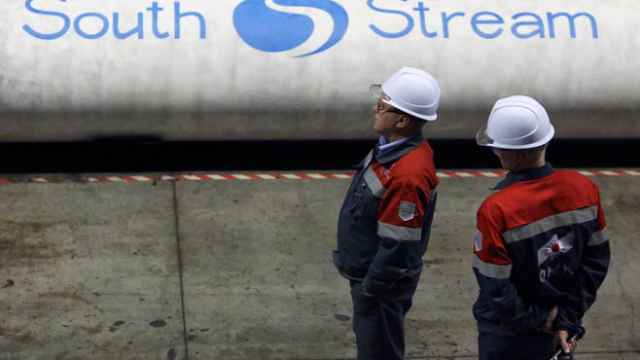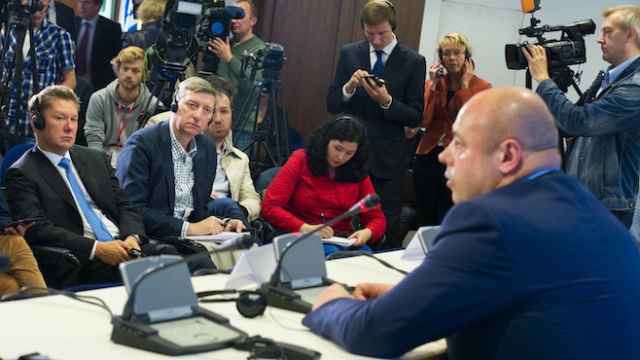SINGAPORE/LONDON — Russia's $40 billion South Stream gas pipeline project has fallen victim to plunging energy prices, stalling European demand and the political standoff between the EU and Moscow over the crisis in Ukraine.
Russia on Monday said it had scrapped the project to supply gas to Europe without crossing Ukraine, citing EU objections, and named Turkey as its preferred partner.
South Stream planned to supply 63 billion cubic meters (bcm) of natural gas a year, equivalent to more than 10 percent of European demand, from Russia via the Black Sea into the EU toward the end of this decade, cementing Russia's role as the region's dominant supplier.
But it came under increasing fire this year. The crisis over Ukraine led to Brussels freezing its approval process, and the pipeline also hit trouble over weak European gas demand and energy prices, undermining its economics.
"I think the likelihood of South Stream being built is now is close to zero," said Pierre Noel, senior fellow for economic and energy security for International Institute for Strategic Studies (IISS).
South Stream would need to be marketed at an equivalent of $9.50-$11.50 per million British thermal unit (mmBtu), including a 30 percent export duty, estimates have shown. The average European spot gas prices have ranged between $6-$9 per mmBtu this year.
"Decreasing oil-indexed prices for gas and lower sales are likely to drive Gazprom to the red this year," said Mikhail Korchemkin of East European Gas Analysis, forcing the firm to reduce its investment program.
Russian state-controlled Gazprom sells most of its gas under oil-linked contracts. With oil prices tumbling 40 percent since June and European gas demand down 10 percent since 2010, Gazprom's gas revenues have plunged.
"Cancellation of the project can reduce Gazprom's negative cash flow in 2014-17," Korchemkin added.
Gazprom meets almost a third of Europe's demand, which in turn makes up 80 percent of its revenues.
"It [scrapping South Stream] reflects internal Russian pressure on where it is going to invest limited resources at a point in time when sanctions are hitting," said Carlos Pascual, a fellow at Columbia University's Center on Global Energy Policy, referring to Western sanctions over Ukraine.
"It's harder, more expensive to access capital and the fastest growing gas markets in the world are in Asia, and Russia has virtually no export capacity to the Asian market," he added.
Is It Really Dead?
The announcement on scrapping South Stream came during a visit by Russian President Vladimir Putin and Gazprom chief executive, Alexei Miller, to Turkey, during which Putin proposed building it to Turkey instead, offering its gas at a discount.
"I don't think Putin is bluffing. I think he's really adapting to a fundamentally new geopolitical situation in Europe," the IISS's Noel said.
Yet the notion of running South Stream to non-EU member Turkey is not new and is seen by some as a political ploy by Russia to win the support of those EU members in favor of the pipeline.
South Stream exposed cracks in EU strategy as Hungary, Austria, Serbia and Bulgaria among others saw it as a solution to the risk of supply disruptions via Ukraine, which have occurred three times during the last decade. Brussels, on the other hand, saw it as entrenching Moscow's energy stranglehold on Europe.
"The alternative to Turkey is even more doubtful than the direct option to Europe," one financial adviser who has dealt with the matter said on condition of anonymity.
The gas discount offered to Turkey casts further doubt over a project that was already economically doubtful, and would be far too big for Turkey alone to receive all the gas, supplying four times its annual demand.
"Even if it went to Turkey, most of its gas would end up in Europe, so it begs the question why introduce a transit risk instead of attempting to solve Russia-EU differences and run it directly to Europe as initially planned," the adviser added.
A Message from The Moscow Times:
Dear readers,
We are facing unprecedented challenges. Russia's Prosecutor General's Office has designated The Moscow Times as an "undesirable" organization, criminalizing our work and putting our staff at risk of prosecution. This follows our earlier unjust labeling as a "foreign agent."
These actions are direct attempts to silence independent journalism in Russia. The authorities claim our work "discredits the decisions of the Russian leadership." We see things differently: we strive to provide accurate, unbiased reporting on Russia.
We, the journalists of The Moscow Times, refuse to be silenced. But to continue our work, we need your help.
Your support, no matter how small, makes a world of difference. If you can, please support us monthly starting from just $2. It's quick to set up, and every contribution makes a significant impact.
By supporting The Moscow Times, you're defending open, independent journalism in the face of repression. Thank you for standing with us.
Remind me later.






